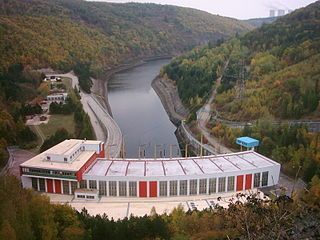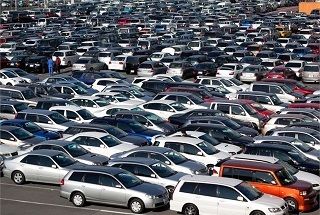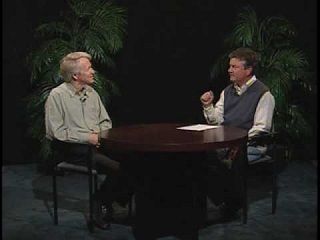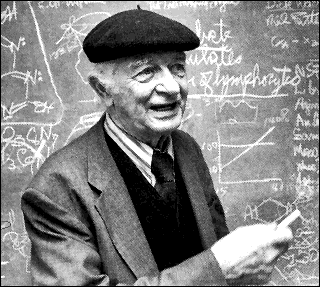Centralized Vs. Distributed Energy Storage

Isn’t it possible that they’re both wonderful, but for different reasons? (more…)

Isn’t it possible that they’re both wonderful, but for different reasons? (more…)


Eco laws are present under the environmental laws in most countries. These laws are concerned with environmental issues regarding businesses, governments and individuals. The laws include rules and regulations regarding:
• The protection of the environment prohibiting the discarding of toxic waste and hazardous materials in water, land and in the air
• The consequences on parties that violate eco/green statutes and how to reverse the damage caused to the environment.
• Protection of property owners from activities with an environmental impacts

It’s linked above.

Answer: Can be found at Clean Energy Answers.
Relevance: Some consider 2008 an important year, as it marked the end of the last U.S. presidential administration and the beginning of Obama’s tenure in office. When you check out the report linked on the “answers” page, notice the graphic that breaks the 2014 figure down across CSP (concentrated solar power), utility scale PV, and consumer/distributed PV.

Content creation in renewable energy and cleantech more generally. Conducted penetrating research and used it to write numerous, detailed articles on the ever-evolving technologies, economic conditions, and political landscape that define our civilization’s appetite for clean energy and the phasing out of fossil fuels.
2GreenEnergy owner/editor Craig Shields credits this effort with both an increase in traffic to the website and an improved SEO ranking. Shields reports: “There is no doubt in my mind that Louis’ work has been effective in reaching a great number of readers. Since the inception of the website in 2009, we’ve had at least 10 or 12 interns, of whom Louis has proven to be far the most sophisticated to date. He’s bright and friendly, which facilitates our working relationship. But more to the point, he has a fantastic command of the language and a precise understanding of subtle points in this industry that are totally lost on most people.”


Apparently, he’ll soon have an opportunity to make a presentation on the subject to some high-level people in there, which sounds like an exciting opportunity. I started out by listing everything that came to mind: (more…)

1) Do nothing. Make no changes in the status quo, based on the belief that there are no real pressing problems, or, if there are, that there is nothing effective we can do about them.
2) Embrace cleantech. Understand that (more…)